The Independent's journalism is supported by our readers. When you purchase through links on our site, we may earn commission.
Most controversial Wimbledon outfits of all time
Several players have broken strict dress code at tennis tournament
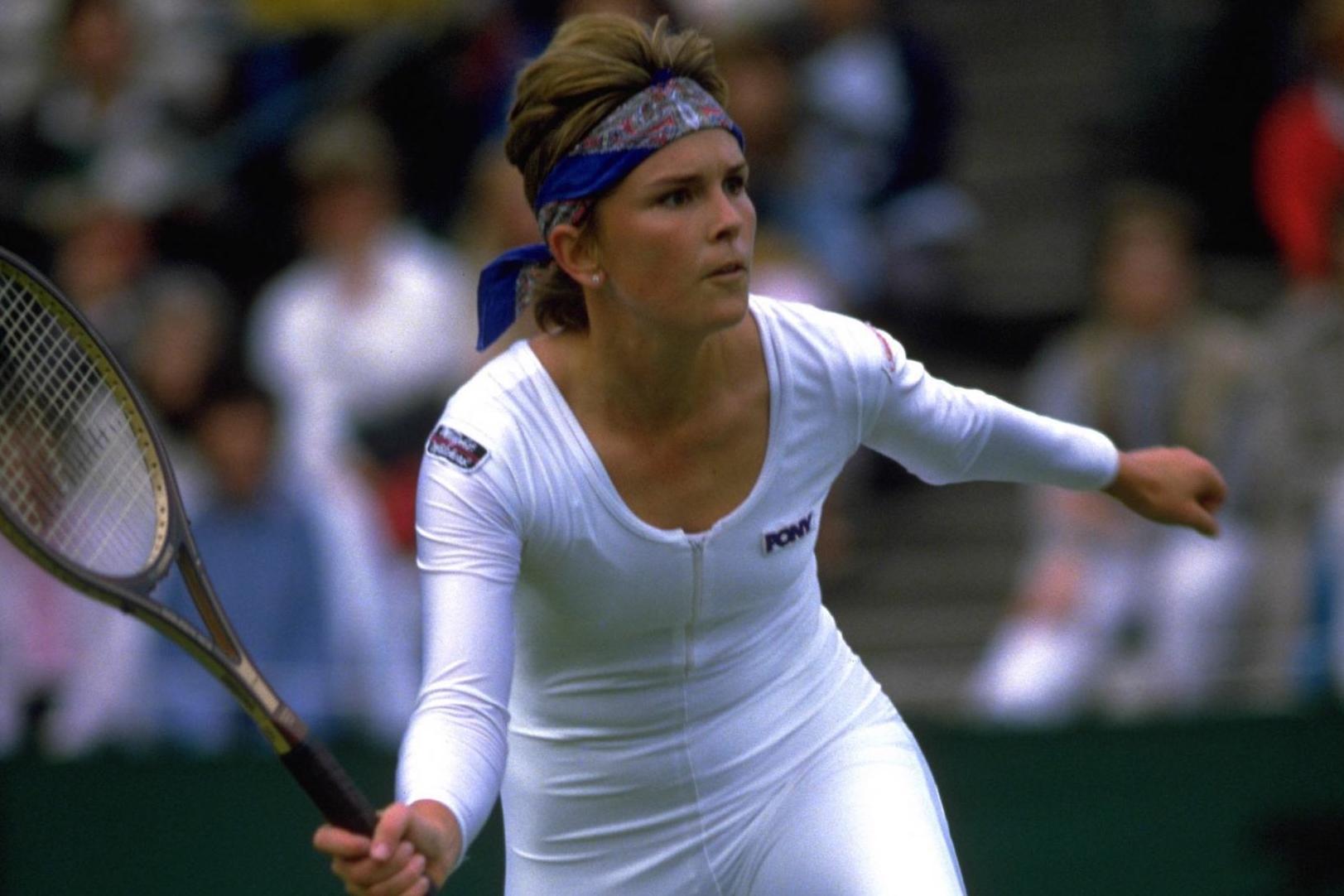
Your support helps us to tell the story
From reproductive rights to climate change to Big Tech, The Independent is on the ground when the story is developing. Whether it's investigating the financials of Elon Musk's pro-Trump PAC or producing our latest documentary, 'The A Word', which shines a light on the American women fighting for reproductive rights, we know how important it is to parse out the facts from the messaging.
At such a critical moment in US history, we need reporters on the ground. Your donation allows us to keep sending journalists to speak to both sides of the story.
The Independent is trusted by Americans across the entire political spectrum. And unlike many other quality news outlets, we choose not to lock Americans out of our reporting and analysis with paywalls. We believe quality journalism should be available to everyone, paid for by those who can afford it.
Your support makes all the difference.Those who avidly follow the professional tennis circuit will be aware of the strict dress code imposed at the Wimbledon Championships, the biggest Grand Slam tournament of them all.
The tournament – founded in 1877 – is steeped in tradition and requires participants to adhere to a number of guidelines in order to compete.
However, that hasn’t stopped several players from breaking away from the dress code over the years, much to the conservative competition’s dismay.
The guidelines, which were updated in 2014 with a 10-part “decree”, include ensuring that clothes are not off-white or cream, but strictly white.
Furthermore, strips of colour that appear on necklines, cuffs of sleeves, underwear or caps can only be one centimetre in width at most.
Tennis stars including Pat Cash and Roger Federer have publicly chastised the austere guidelines, with Cash describing them as “archaic thinking”.
Here are eight times tennis players sparked controversy at Wimbledon with their attire:
The catsuit
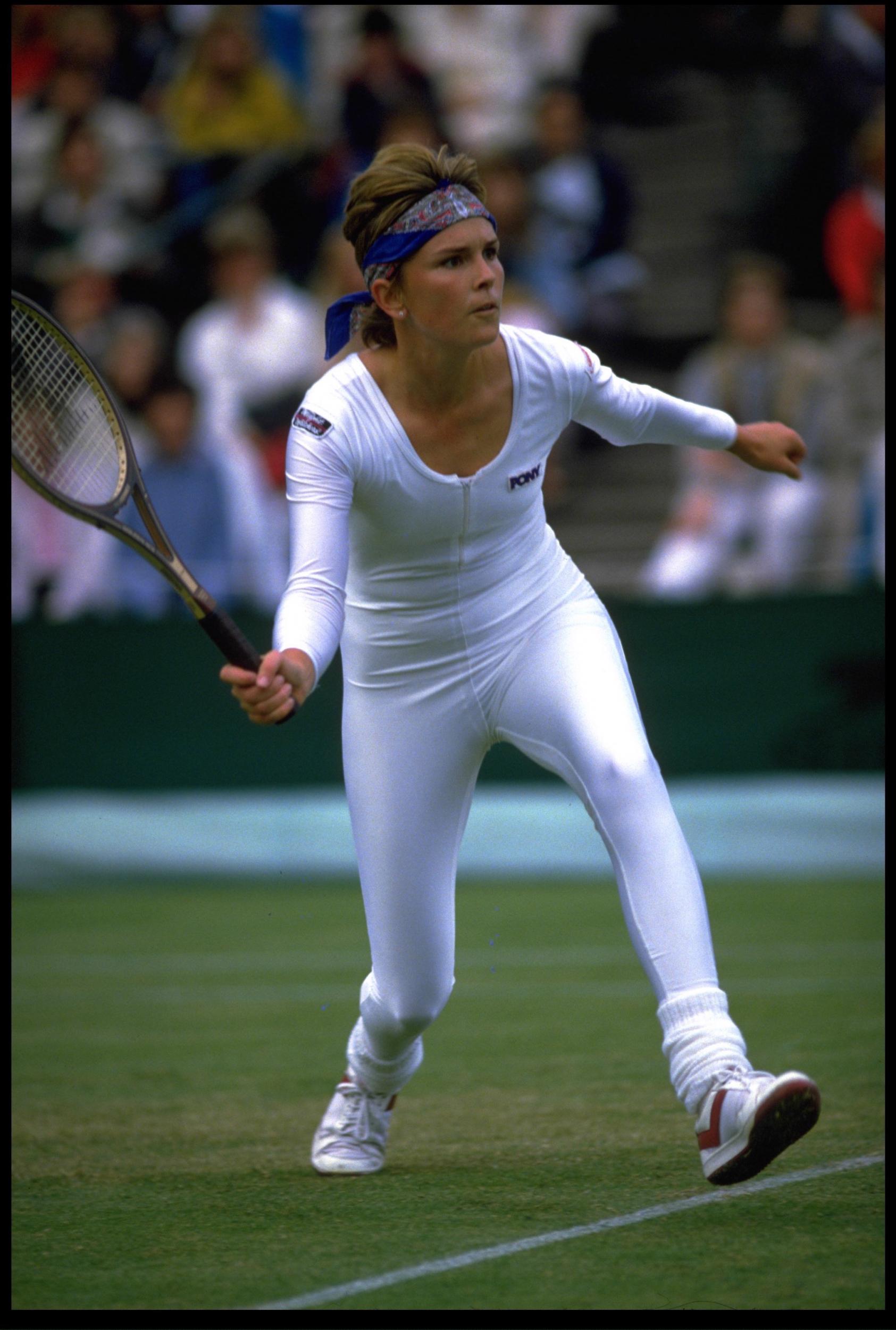
In 1985, American tennis player Anne White famously wore a white catsuit to compete at the tournament.
She paired her all-white ensemble with a pair of quintessentially 1980s leg warmers.
White’s opponent, American tennis player Pam Shriver, was none-too-pleased with White’s attire.
She complained to officials following their match, requesting that White never be allowed to wear the catsuit at the competition ever again.
However, perhaps Serena Williams will bring the catsuit back to SW19, having stated that the black catsuit that she wore at the 2018 French Open made her feel like a “warrior princess”.
The lace undergarment
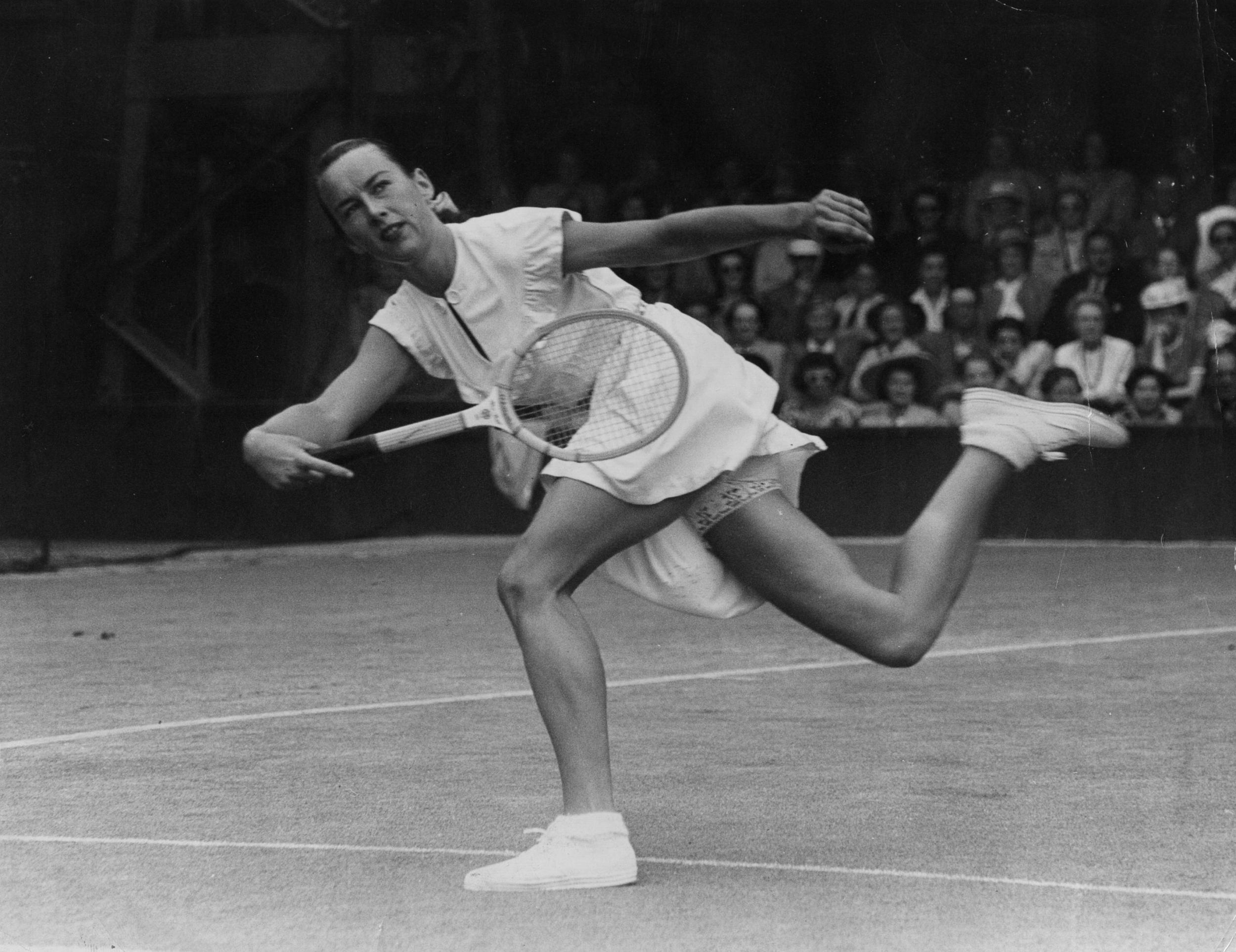
American tennis player Gertude Moran, who was commonly referred to as “Gussy” during her heyday, caused quite a stir at Wimbledon in 1949 when her lace undergarment became visible during a match.
Before her appearance at the tournament, Moran had asked the All-England Club whether she could be given permission to wear a colourful outfit.
However, the organisation refused her request.
The appearance of Moran’s undergarment was deemed especially controversial at that time considering the convention for female tennis players to wear longer skirts.
The bandana

In 1987, Pat Cash rebelled against the rule that accessories worn at Wimbledon should be predominantly white by wearing a black and white checkered bandana at the tournament.
The Australian tennis player's bending of the rules didn't hinder his chances at the championship, as he ended up beating Ivan Lendl to take home the trophy for the men's singles competition.
In 2014, Cash spoke out against the "ridiculous" all-white dress code at Wimbledon.
The '15' jacket

While he didn't break any of Wimbledon's dress code rules, in 2009 Roger Federer set tongues wagging when he wore a jacket embroidered with the number 15 after winning the Wimbledon men's singles final against Andy Roddick.
The 15 on the custom Nike jacket was in reference to the tennis player's 15th Grand Slam win.
Some found it presumptuous that a jacket had been made celebrating the achievement before the match had even been played.
The pink bra straps
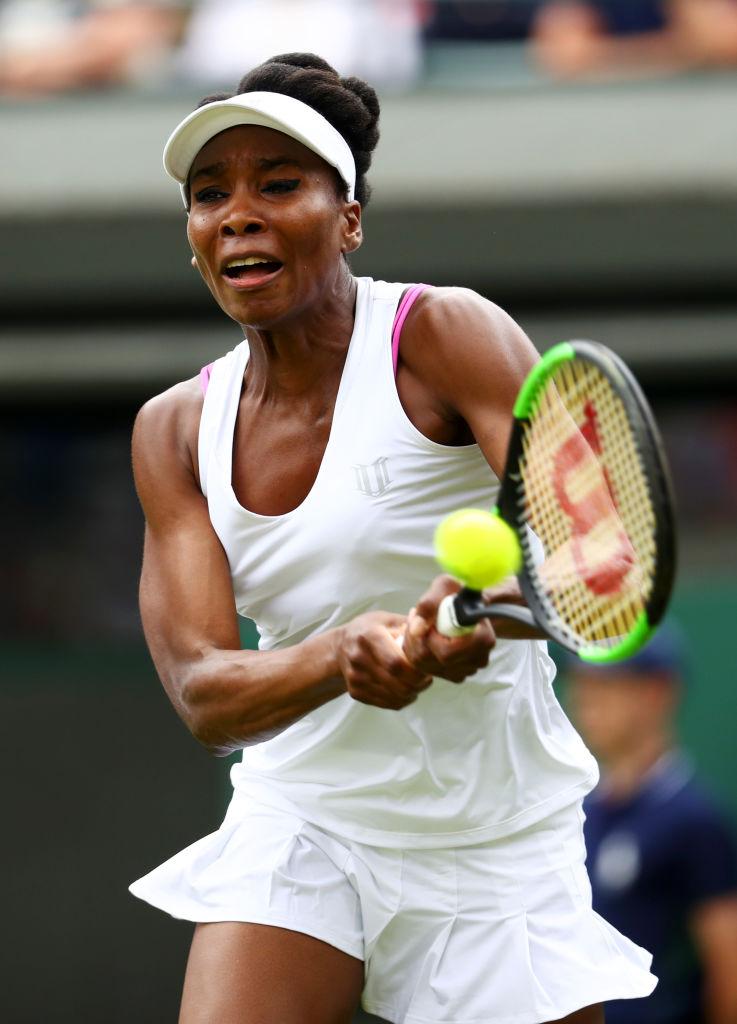
In 2017, Venus Williams was reportedly forced to change her bra midway through a match when her pink straps were spotted during gameplay.
She altered her underwear during a rain break in the second set of her victorious match against Belgian player Elise Mertens.
When asked about the incident in the press conference following the match, Williams expressed her discomfort at discussing the situation.
“What pink bra? I don’t like talking about bras in press conferences. It’s weird,” she said.
“I don’t want to talk about my undergarments. It’s kind of awkward for me. I’ll leave that to you. You can talk about it with your friends. I’m going to pass.”
The red shorts
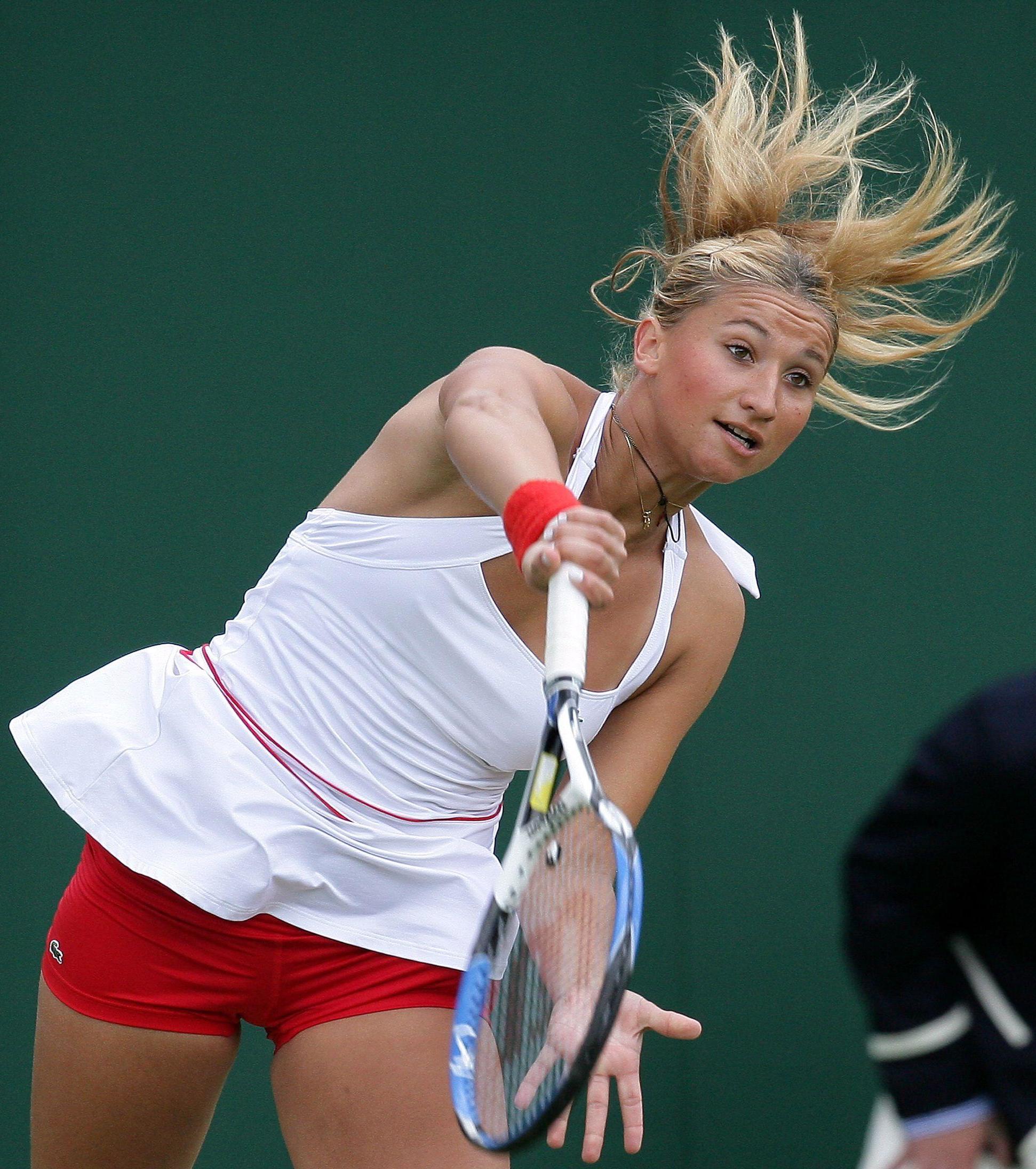
Russian-born French tennis player Tatiana Golovin became a much-discussed topic of conversation during the 2007 Wimbledon Championships due to the red shorts that she opted to wear while competing.
As Golovin wore the red shorts prior to the dress code update of 2014, she was allowed to wear them to compete.
“They were cleared with the referee in advance by the player,” a Wimbledon spokesman said, according to Reuters.
“On the basis that they are underwear, they do not have to conform to the predominantly white rule.”
However, the rules now state that the underwear worn by players must be mostly white.
The tux
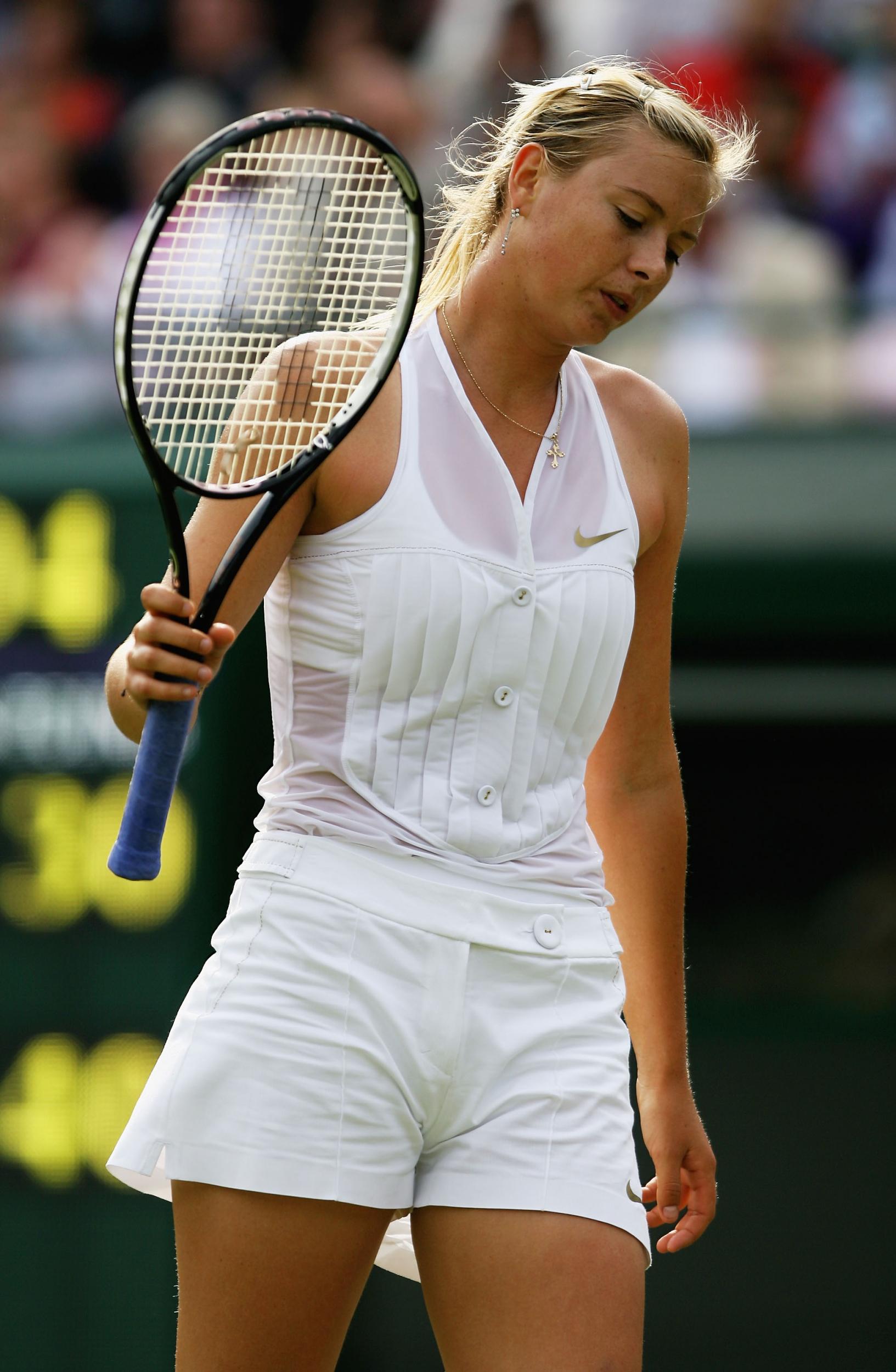
When competing at the tournament in 2008, Maria Sharapova seemed to poke fun at the strict dress code when she revealed her outfit on court.
She wore a pair of shorts teamed with a tux-style top, which appeared to reference the rigidity of the Wimbledon outfit guidelines.
However, the Russian tennis player said that she was inspired by menswear for the look.
“It’s the tuxedo look. I was very inspired by menswear this year and every time at Wimbledon I want to do something classy and elegant,” she said, according to Reuters.
The “risqué” hemlines
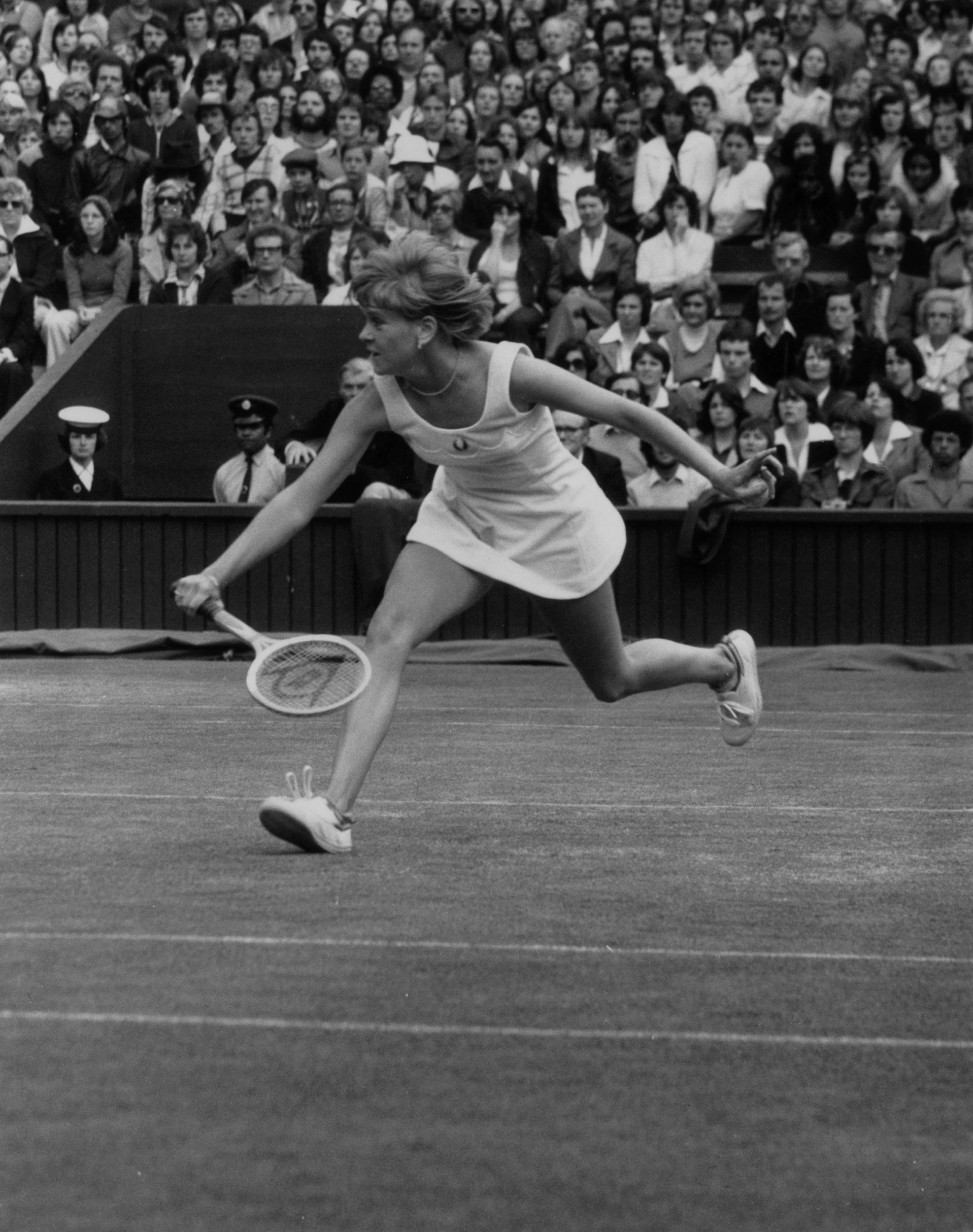
Sue Barker, who reached the ranking of world number three during her professional tennis career, was criticised when she took part in Wimbledon in 1977 due to the length of her hemlines.
Her dresses were described as being too “risqué” at the time.
Barker went on to reach the semi-finals of the competition that year, where she lost to Dutch player Betty Stöve.
She was reportedly so distraught over the loss that she couldn’t bear to watch the final.



Join our commenting forum
Join thought-provoking conversations, follow other Independent readers and see their replies
Comments